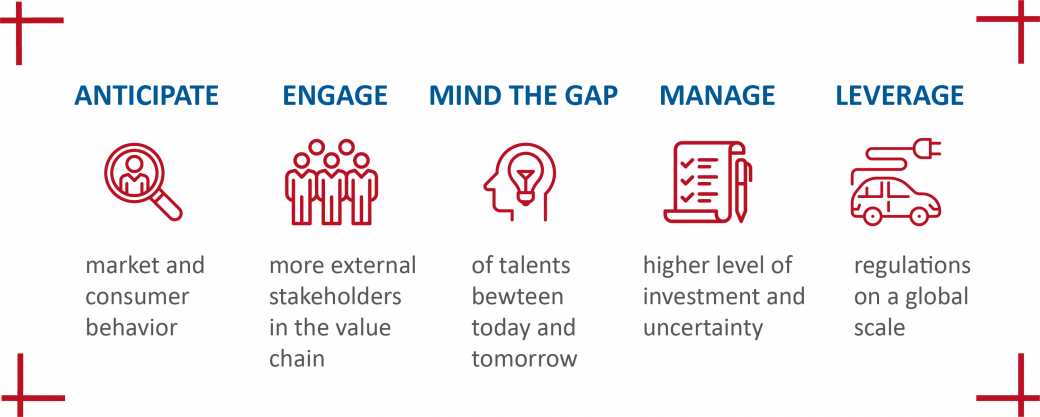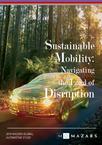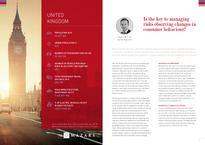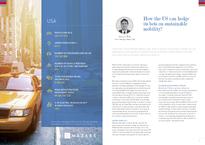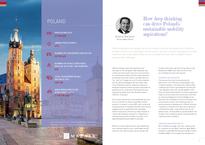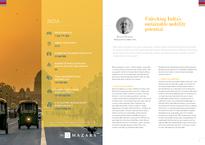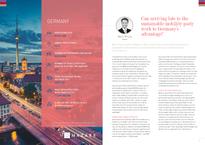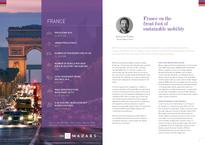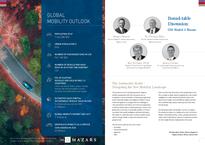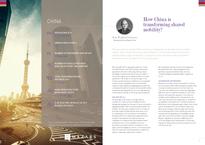
2018 Mazars Global Automotive Study
2018 Mazars Global Automotive Study
From fossil energy to electricity; from ownership based model to a shared-economy driven model; from a licensed-driver-only model to driverless vehicles, changes happen both to the vehicle itself and to the way we use them.
5 strategies to survive the disruption
- Anticipate the market and consumer behaviour. Final users today are looking for more diverse mobility solutions. For automotive suppliers or OEMs it might also imply thinking out of the vehicle itself or the vehicle-per-head ownership model and try to incorporate other mobility solutions or share-based model in their future business model.
- Engage more external stakeholders in the value chain. For efficiency, quality as well as process standardisation, the automotive industry has gone through waves of vertical integration and has been a relatively close industrial eco-system. Tomorrow, the success will depend on the ability to engage discussions with a larger variety of stakeholders such as regulators, local governments, infrastructure or information technology suppliers, start-ups etc., who would join the eco-system.
- Mind the talent gap between today and tomorrow. The industry today is searching for talents in areas that don’t below to the sector itself in the past: information technology, robotics, cybersecurity and data management, only to name a few. Qualified talents will be limited as the automotive industry now face the fierce talent competition against other technology companies who have the reputation, the flexibility, the know-how and the financial power on the job market. Making the sector attractive to the job market and top tier talent will be a big subject for tomorrow’s talent management.
- Manage a higher level of investment and mitigate a higher level of uncertainty. The sector is entering uncharted territory in terms of investments and risks. New challenges would arise one after another: how to adapt to a universe where unprecedented business models will appear and disappear, and how to find the proper way to mitigate the risks of investing in disruptive innovations; how to strike the balance between today’s financial well-being and tomorrow’s strategic investments.
- Leverage regulations on a global scale. Regulations have always been permanent variables in the automotive sector. Now, regulations are playing an even more crucial rule in disruptive innovations such as autonomous driving, ride-sharing, or user data protection. The capacity to manage and anticipate them on a global scale will also have a huge impact on tomorrow’s business model.
The study includes a round-table discussion between Mazars’ global leaders of automotive practices and industry experts from IHS Markit, followed by seven Mazars country leaders of automotive practices. We also conducted several mini case studies about the impact of sustainable mobility solutions on some major cities worldwide.
Interested to know more about this publication? Please fasten your seatbelts and enjoy the ride!


